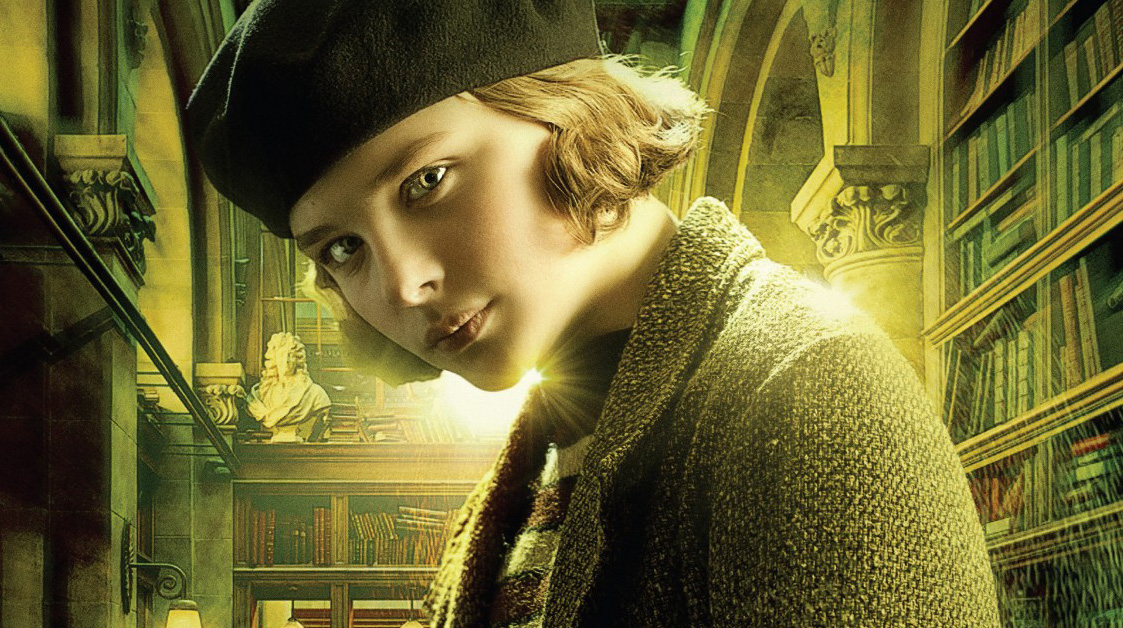
How do films tell their stories? What types of narratives and modes of storytelling belong to different genres? How have filmmakers used novels, short stories, poetry, comics, and video games to create new stories for cinema? And how has transmedia storytelling changed our experience of storyworlds?
In the Autumn
Term we explore different modes of storytelling in cinema. We consider key
films from the canon of classic realist Hollywood, modernist and postmodernist
cinema and examine the ways in which different filmic narrative traditions
create meaning and transform showing into telling. We also turn our attention
to the various genre classification systems that group films according to type.
We study the history of individual genres such as Gothic, Film Noir
and the Road Movie, identify their recurring patterns, styles, and
iconographies, and investigate how the Superhero genre
promotes new forms of serialized narrative.
In the Spring Term we explore how filmmakers have recycled, updated,
and given new life to canonical and popular literatures, and movie originals.
We study different types of adaptation, such as free adaptation and intermedial
borrowing, and we analyse what is involved in the transposition of stories from
one medium into another. We also explore the differences between remakes and
reboots, and the differences between adaptations which retell the
“same” story again (and again) and transmedia storytelling which arguably
invents prequels, sequels and spin-offs out of a desire of
never wanting a particular story to end, thus satisfying our modern
“novelistic” taste for seriality.
In this module we draw on a wide range of works from movie
classics such Nosferatu (1922), based on Bram Stoker's novel Dracula, to the transmedia franchise Avengers: Endgame
(2019).
Module Supervisor: Prof. Karin Littau
- Module Supervisor: Karin Littau